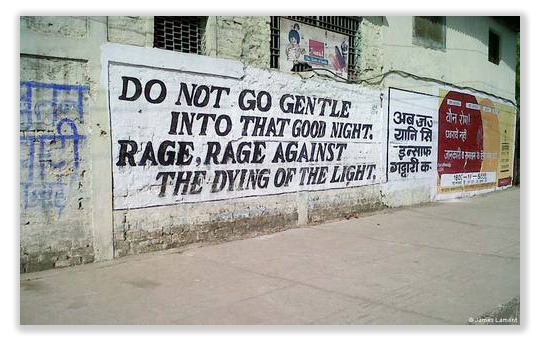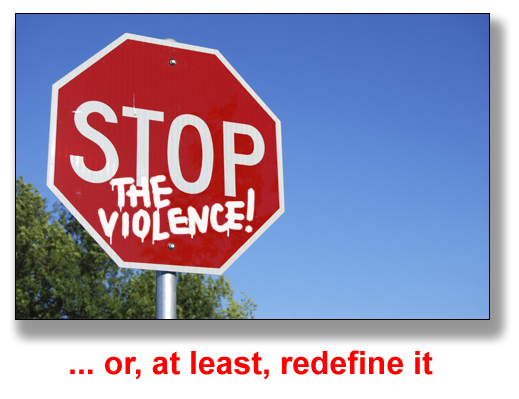We post news and comment on federal criminal justice issues, focused primarily on trial and post-conviction matters, legislative initiatives, and sentencing issues.
4TH CIRCUIT SAYS SOUTH CAROLINA INVOLUNTARY MANSLAUGHTER NOT ‘CRIME OF VIOLENCE’
Dylan Thomas adjured us to “not go gentle into that good night.” In the topsy-turvy world of violent crimes (by legal definition, if not in fact), the 4th Circuit has just held that sending someone into that good night can be done gently, at least if it’s involuntary manslaughter in South Carolina.
 Back in 2005, Jarnaro Middleton was sentenced to a 15-year mandatory minimum under the Armed Career Criminal Act. In a motion filed under 28 USC 2255, he challenged the district court’s determination that his prior conviction for South Carolina involuntary manslaughter qualified as a crime of violence under the ACCA.
Back in 2005, Jarnaro Middleton was sentenced to a 15-year mandatory minimum under the Armed Career Criminal Act. In a motion filed under 28 USC 2255, he challenged the district court’s determination that his prior conviction for South Carolina involuntary manslaughter qualified as a crime of violence under the ACCA.
Under the ACCA, a crime of violence must employ physical force against a person. ‘Physical force’ means “violent force – that is, force capable of causing physical pain or injury to another person.” “Physical force” must be both physical (exerted through concrete bodies) and violent (capable of causing pain or injury to another).
 Involuntary manslaughter in South Carolina occurs when the defendant kills another person without malice and unintentionally while he or she was engaged in “either an unlawful activity not amounting to a felony and not naturally tending to cause death or great bodily harm, or a lawful activity with a reckless disregard of the safety of others.” To determine whether the crime calls for “physical force,” a court said it must apply the categorical approach by looking for the least culpable conduct that this offense encompasses. South Carolina courts have held that a defendant can be convicted of involuntary manslaughter by selling alcohol to a minor who later has a car accident because he is drunk. The government argued that the defendant used violent force because the drunk driver died, but the Circuit rejected that as “conflated.” In the drunk driving case, there is a distinction between use of violent force and what causes the injury. A crime may result in death or serious injury without involving the use of physical force.
Involuntary manslaughter in South Carolina occurs when the defendant kills another person without malice and unintentionally while he or she was engaged in “either an unlawful activity not amounting to a felony and not naturally tending to cause death or great bodily harm, or a lawful activity with a reckless disregard of the safety of others.” To determine whether the crime calls for “physical force,” a court said it must apply the categorical approach by looking for the least culpable conduct that this offense encompasses. South Carolina courts have held that a defendant can be convicted of involuntary manslaughter by selling alcohol to a minor who later has a car accident because he is drunk. The government argued that the defendant used violent force because the drunk driver died, but the Circuit rejected that as “conflated.” In the drunk driving case, there is a distinction between use of violent force and what causes the injury. A crime may result in death or serious injury without involving the use of physical force.
Because a defendant may be convicted of involuntary manslaughter without using physical force against the victim, the offense is not a crime of violence as a matter of law, no matter what the facts of Jarnaro’s particular offense might have been.
United States v. Middleton, Case No. 16-7556 (4th Cir. Feb. 26, 2018)
– Thomas L. Root

